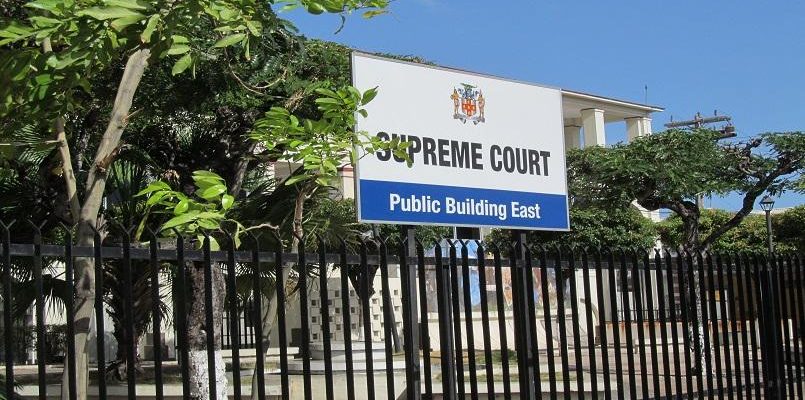
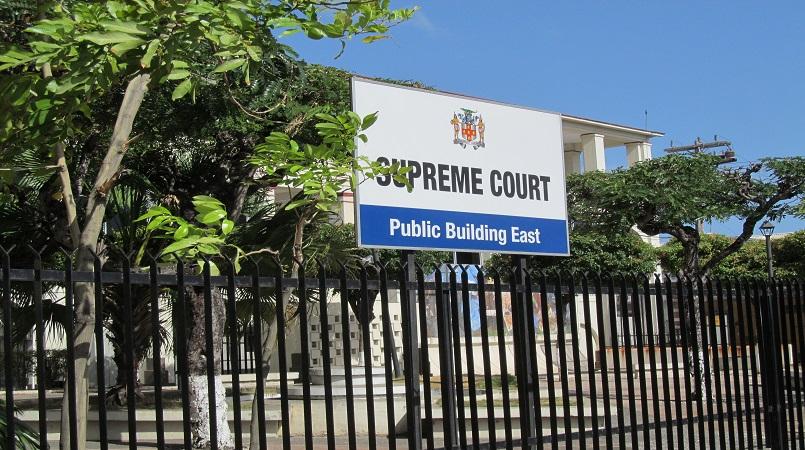
Local human rights lobby, Stand Up for Jamaica (SUFJ) is disappointed that an ex-inmate was recently dismissed from his orderly job after being recognised by a Supreme Court judge familiar with his case.
In a statement on Wednesday (April 20), SUFJ said while it will acknowledge the related security concerns raised regarding the ex-inmate’s employment within the courts, “we believe the larger principle of re-integrating offenders into society is one that deserves greater consideration by employers, particularly the public service establishment”.
“SUFJ has been heartened by the general support and calls for the dismissed ex-inmate to be given a second chance. A quick review of the comments on the story indicates that the general public understands quite well the importance of reintegration,” the group noted.
Continuing, the Carla Gullotta-led SUFJ argued that for many years, Jamaica has been unrelenting in its well-needed fight against crime and violence. Being familiar with Jamaica’s network of correctional facilities and the conditions under which prisoners re-emerge into the population, however, the lobby refuses to sit silently and is resolute in playing a vocal part in that battle for a more peaceful society.
“The prison population consists of about 4,000 people who have committed a crime. Most of the sentences are not long and those same people are going back to society SUFJ works in the prisons to provide services that build the skills and education level of inmates as a way to provide instruments to prevent them from re-offending,” remarked the human rights lobby.
To this end, in partnership with the Department of Correctional Services (DCS), Stand Up for Jamaica has developed the vision of rehabilitation as the best avenue to engage them to become a “better man” or woman.

“Education, professional skills, psychological help to learn to develop self-control, and awareness have been our goals. We have seen people reaching the institutions illiterate and leaving with 6 CSEC subjects,” the organisation disclosed.
“Just two months ago, a pilot experiment promoted in partnership with DCS and the University of the Commonwealth Caribbean (UCC) has celebrated the graduation of four inmates and one correctional officer with the highest evaluations,” noted SUFJ.
None of these programmes would amount to anything, the lobby argued, if convicts’ criminal histories are repeatedly used to stymie their societal reintegration.
“These programmes offer hope to the inmates who recognise that it is the only alternative avenue to a life of crime. We are aware that we need to advocate for better infrastructures, and for funds to support programmes and trainers but what we really need is the support of civil society to produce a different approach to the concept of punishment,” Stand Up for Jamaica continued.
“We all need to revisit the idea that stigma is for life, that somebody who did something wrong cannot change and that we meet our punishment without showing mercy or compassion. The numbers of rehabilitated inmates show that they very seldom become re-offenders. This means that they took the offer to change their lives. The real problem is: does rehabilitation make sense without a process of reintegration?” the statement read.
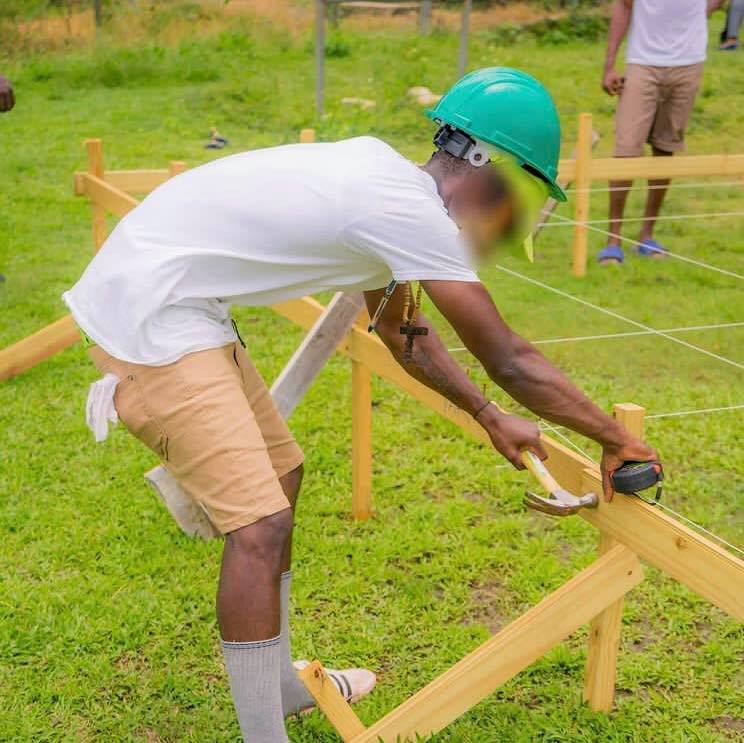
“How difficult, frustrating, and discouraging is it for those who achieved all instruments to become productive members of society when they see all doors slammed on their faces? How long they can keep on the right track without a roof, or an income to support their families and children?” further asked the group.
SUFJ contended that inmate reintegration must be another tool to address recidivism and Jamaica must strive for a better balance.
“We must admit that very often we have not been able to fulfil the promise of the rehab path which should end with a reintegration process. SUFJ has folders full of names of those looking for a job. We were not able to provide it. It must be a collective process; it needs to involve those crying for a climate of violence affecting business and everyday life,” the entity bemoaned.
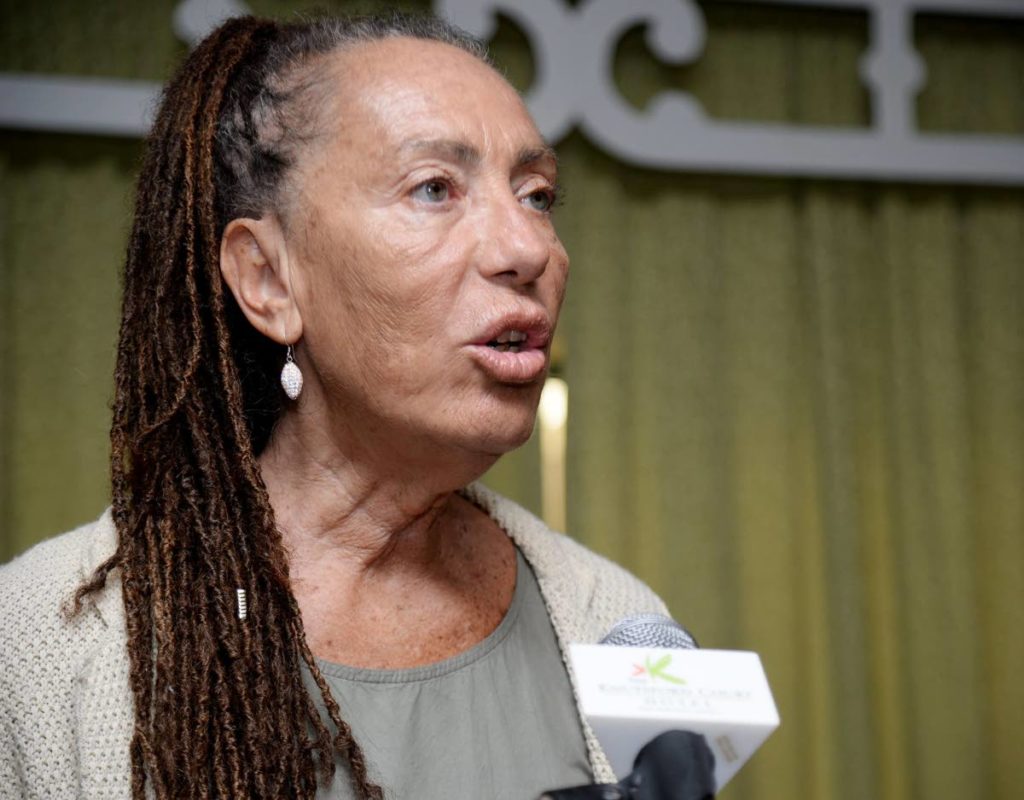
“We are determined to promote an advocacy campaign to open a dialogue with the Government agency’s policy not to hire any ex-inmate. Stigma from those officially using as keywords rehabilitation and reintegration as a due process, is the answer. It is basically impossible to introduce a change of culture and a real effort to fight crime towards civil society, among those who have the power to make a difference and to recognise the dignity of those willing to be part of the process of reintegration. The powerful choice to undertake a process of reconciliation will generate results and crime reduction,” wrote Stand Up for Jamaica.





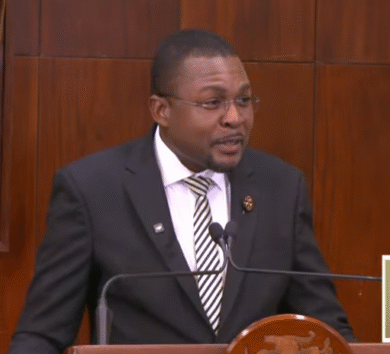

Comments